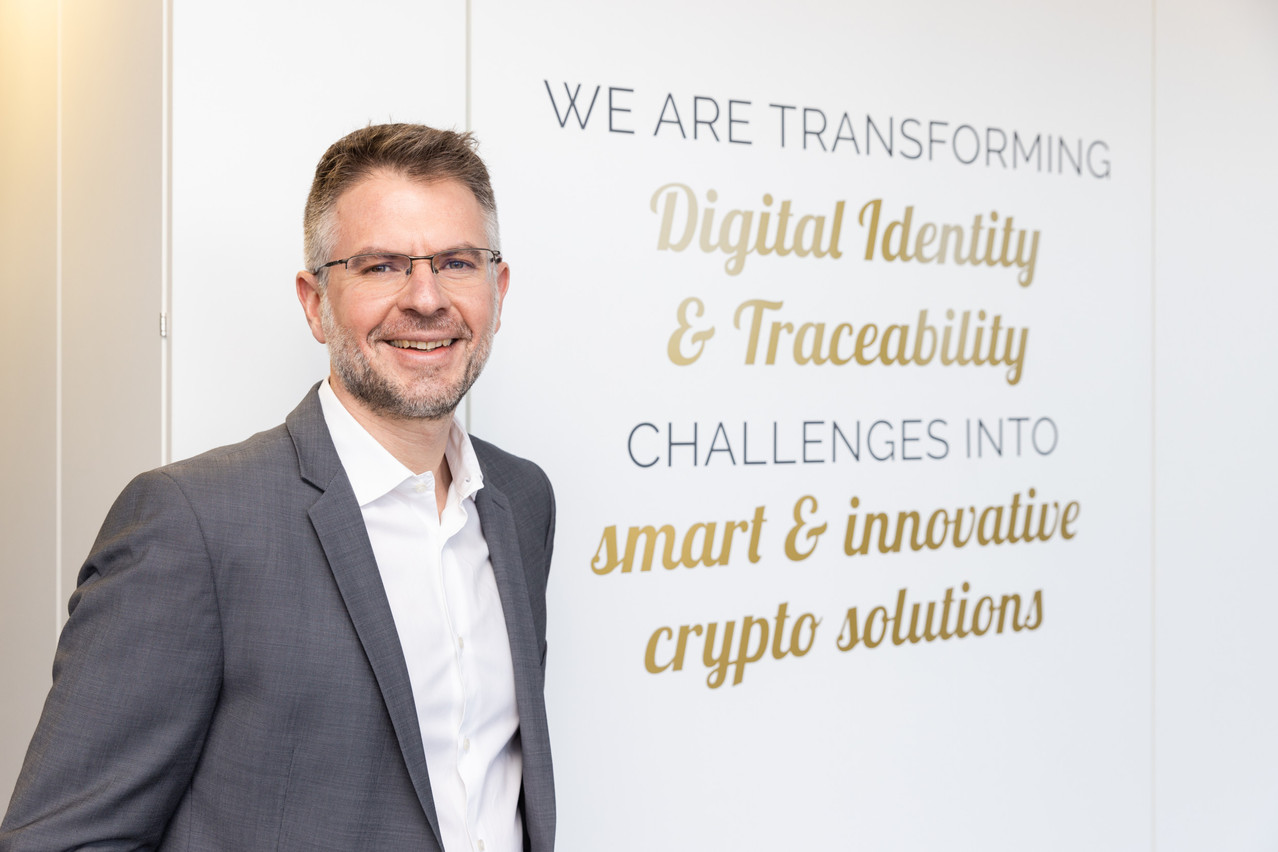Today, the challenge is no longer “the computerisation of a paper document”, but the level of trust granted to a digital identity stored in a digital wallet.
A little history
When we talk about identity, the first thing that comes to mind is obviously our identity documents, such as passports, identity cards and driving licences.
But an identity is much more than that. It is at the heart of our existence as individuals, and determines who we are and how we are perceived by the world around us.
It can be defined as “the set of characteristics that make us who we are”, including our name, age, gender, nationality, but also our beliefs and opinions.
Passports, a common proof of identity, are in fact travel documents that can be traced back thousands of years, allowing individuals to identify themselves, cross borders and travel between countries.
The Book of Nehemiah, dating from 450 BC, mentions one of the earliest references to the passport. It is a letter from the Persian king of the time to the governors of the province of Judea, authorising Nehemiah to cross their territories.
The term passport, on the other hand, has its roots in the 15th century, combining the words “pass” and “port”. It does not refer to seaports, but rather to the document needed to pass through the ‘gates’ of a medieval city. Requiring the identity of the bearer even then, it was used over the centuries to control vagrancy and migration.
These old versions of the passport were only handwritten, often with a seal, quite different from our contemporary versions, and their authenticity could legitimately be questioned.
It is therefore the notion of trust that is at the heart of identity.
The advent of the electronic passport and digital identity
It was not until the early 2000s that such proofs of identity began to be electronic, with the owner’s personal information contained in digital form on an electronic chip. This process uses cryptographic means to provide a high level of integrity and authenticity of the data, and thus significantly increases the level of trust that can be placed in the data.
The deployment of the e-passport and its use worldwide was greatly accelerated following the attacks of 11 September 2001.
Today, the challenge is no longer the “computerisation of a paper document”, as in the early 2000s, but the level of trust given to a digital identity stored in a digital wallet. In the European Union, this topic is currently being discussed under the name “European Digital Identity Wallet”. The objective is always a notion of trust: to allow European citizens to prove the authenticity of their identity and official documents, entirely digitally, thus without paper.
Will the e-passport disappear in the next few years in favour of a 100% digital identity document (on mobile)? No.
The 100% digital identity document should be seen as an additional means of establishing an individual’s identity for other purposes, such as driving licence checks or the purchase of adult items.
The identity of individuals... but not only
The expansion of the digital society has also led to a rethinking of the notion of identity, as it is clearly no longer limited to that of an individual.
We are now talking about virtual identity and the identity of objects, particularly with Industry 5.0.
In the age of the Internet of Things, many electronic devices authenticate and communicate with each other, share data and are essential to the smooth running of our society.
Objects therefore also need their identity, so it is possible to imagine the emergence of a true society of objects. Who will eventually manage their identity? Them? Or us? Connected objects are fully capable of acting autonomously. This technological evolution could profoundly transform the way we interact with the objects around us, and open the way to new applications and services.
Identity and cyberpunk, exploring the border between the real and the virtual
The future will be significantly more digitised, opening the door to human-to-human, human-to-object and object-to-object communications, jumping from one shade of trust to another, and requiring proof of both physical and/or virtual identities.
The launch of conversational agents using artificial intelligence, such as ChatGPT at the end of 2022, marks a paradigm shift in digital identity: will such “agents” in the future have a full-fledged identity that mimics those of people?
Digital identity is constantly evolving and its importance is growing in an increasingly digital society. By expanding our definition of identity even further, we could therefore imagine scenarios where a virtual avatar is issued with an official identity, guaranteeing its owner access to exclusive virtual or even real places or services.
And who knows... maybe all this will be mixed unequivocally in the so-called “Metaverse”, where the boundary between the real and the virtual world will hardly be visible, where the identity of the avatars and their owners will become one via a digital wallet that will provide the necessary evidence for everyone to evolve in a digital society of trust, without nuance.
Benoît Poletti is the director general of the public agency INCERT, considered as a centre of expertise in the fields of cybersecurity and digitalisation. This agency manages national and international critical IT infrastructures, as well as the development of solutions used in identity management and cryptography. Poletti also represents Luxembourg in European and international bodies such as UN agencies. He also works internationally to address cybersecurity and digital governance issues in emerging countries.
This story was first published in French on . It has been translated and edited for Delano.
